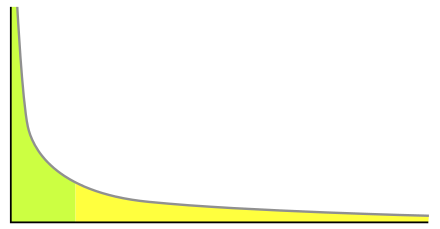[TSTIL] Reverse engineering the binary format of HP ChemStation
[ This is a part of "The Software That I Love", a series of posts about Software that I created or had a small part in ]
1999 - Reverse engineering the binary format of HP ChemStation
At this time of my life I did not program for fun, I did it because my dad asked me to. I did a lot of other things with computers though, mostly games and drawing (CorelDraw). But in the summer of '99, my dad was struggling with the software that Agilent used for their mass spectrometers, ChemStation. It was a pretty big software suite and development was done in California. He could not influence it. He was often frustrated with how it worked, and like a true hacker, wanted to read and manipulate the data files with his custom software. He still does that to this day, now mostly with ChemStation's successor MassHunter. The ChemStation data format was super optimized for storage space and thus hard to understand. It stored the raw data from the spectrometers and some data that was annotated by the analysts in the lab.
On Friday nights dad, me and my two younger brothers used to go swimming in Amstelveen next to the HP office. One night in the car on the way back, he said that he could use my help for a couple of weeks during the summer break and could pay me about 100 guilders for it. He wanted me to figure out the data format that ChemStation used, so that he could write a parser for it. He showed me how to manipulate the data in ChemStation, and then inspect the files with a hex editor. If I made a copy of the file and changed the data I could compare the before & after versions and see how things were stored. Wow.
I learned so much in these couple of weeks. I think this was the first time I actually created something useful for someone. He could have done it 10x quicker himself, but what a fantastic learning opportunity for me. I learned about little/big-endianness, hex/binary/string encoding, and variable length fields. The result was a pretty good description of the data format. When my dad implemented the library he would sometimes call me over to explain some details that he didn't understand. I felt awesome and was only 11 years old!
In 2010 I worked for him for a year, and one of my projects was to create a C# library for the same old ChemStation data format. I think he still uses it to this day.
next: 2004 - The HP 49g
previous: 1997 - Plotter

Comments
Post a Comment